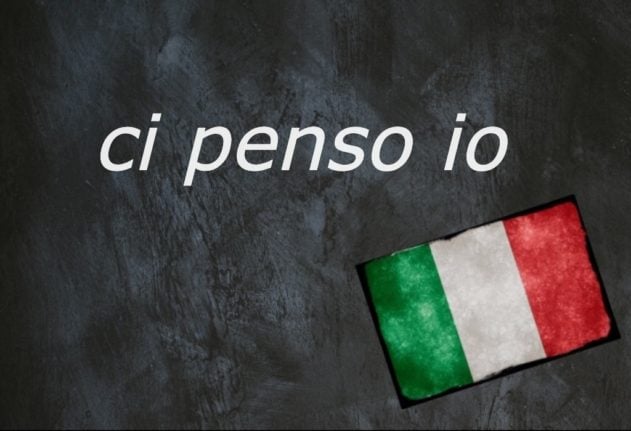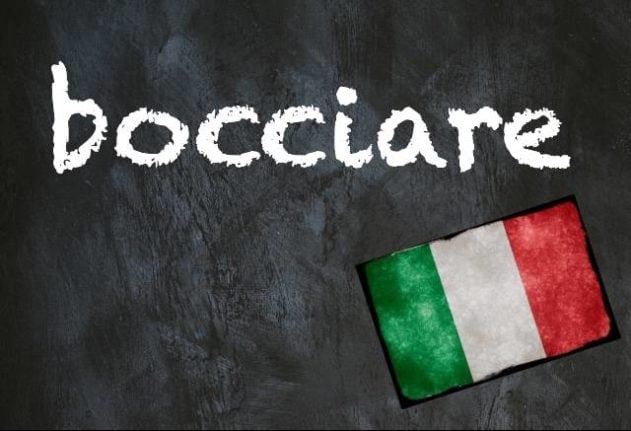Whether it’s someone offering to negotiate with an obstinate landlord on your behalf or the rare bureaucrat who tracks down that missing form so you don’t have to, it’s always a relief to be told ci penso io – ‘I’ll take care of it’.
Pronounced “chee pen-so ee-oh”, the phrase literally means ‘I’ll think of it’, and it suggests that whoever’s saying it is so far ahead of you that you don’t even need to consider whatever task they’re talking about, let alone do it yourself.
Non preoccuparti, ci penso io.
Don’t worry, I’ll take care of it.
In effect, pensare a qualcosa can mean ‘to handle’ or ‘to deal with something’.
When you’ve established what it is you’re talking about, instead of repeating yourself you can use the pronoun ci to replace a [qualcosa] – just like saying ‘with it’ rather than ‘with [the thing we’re talking about]’ in English.
Dovrei pensare al pagamento.
I should deal with the payment.
Ci dovrei pensare.
I should deal with it.
And while most language learners will have had it drummed into them that Italian verbs don’t require subject pronouns – ‘I’, ‘you’ ‘she’, ‘we’, etc – sometimes you do actually use them, usually when it’s important to emphasise who is doing something.
Think of it as the equivalent of stressing the pronoun with your voice in English.
Basta! Ci penso io.
That’s enough! I’ll take care of this.
For further stress, Italians often place the subject pronoun behind the verb itself – so it’s the very last thing you hear in the sentence (and presumably, the word that makes the biggest impression).
Non puoi decidere tu.
You don’t get to decide.
Vado io.
I’ll go.
So while it’s perfectly correct to say “io ci penso”, flipping the word order means you’re really underlining the fact that you’ll handle something so someone else doesn’t have to.
Though of course, the case could be quite the opposite.
Al resto ci pensi tu!
You take care of the rest!
Do you have an Italian word you’d like us to feature? If so, please email us with your suggestion.
Make sure you don’t miss any of our Italian words and expressions of the day by downloading our new app (available on Apple and Android) and then selecting the Italian Word of the Day in your Notification options via the User button.




 Please whitelist us to continue reading.
Please whitelist us to continue reading.
Member comments